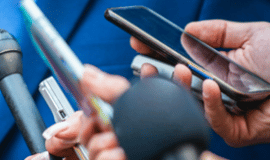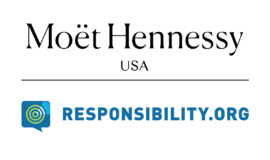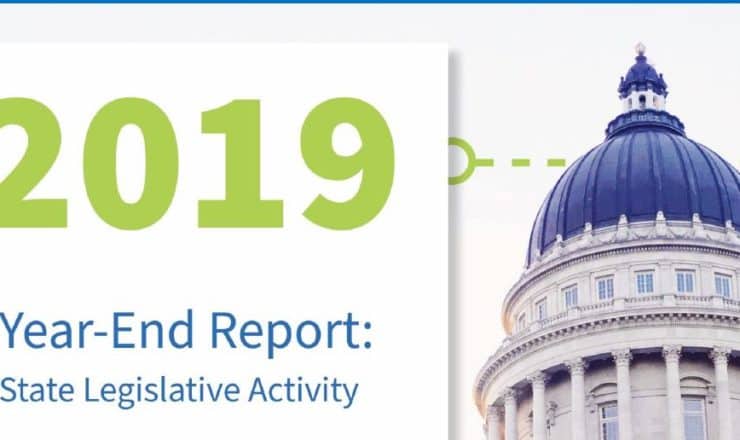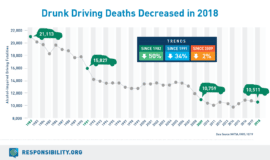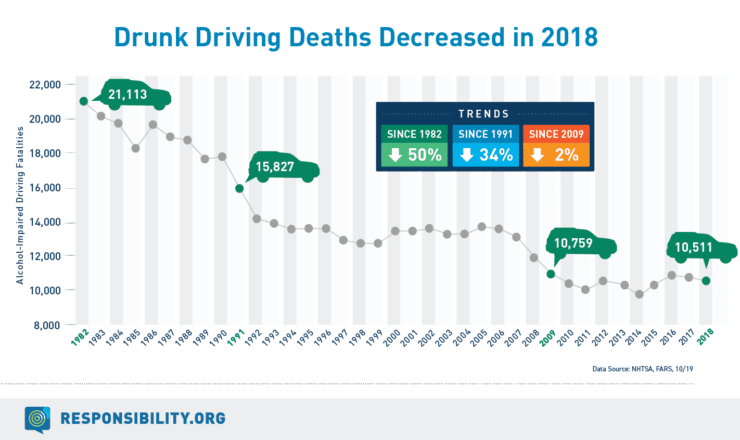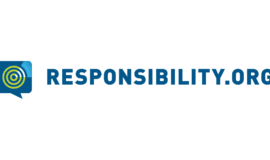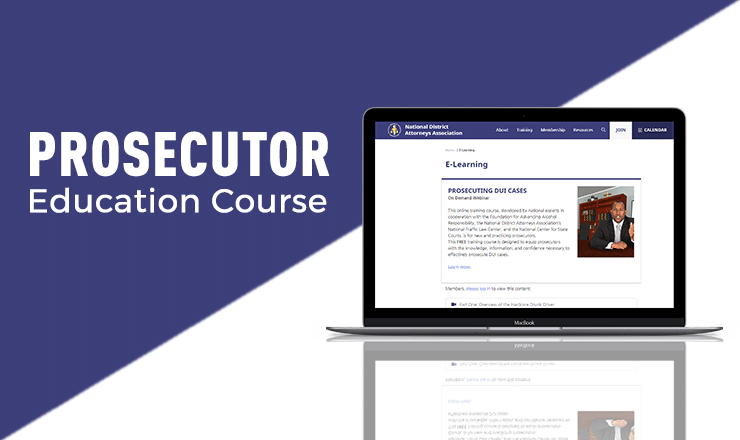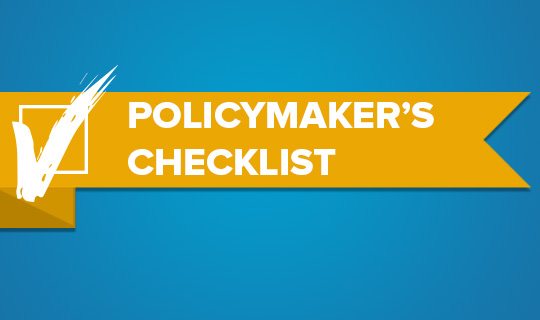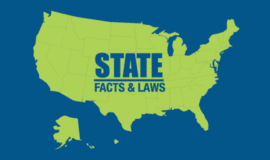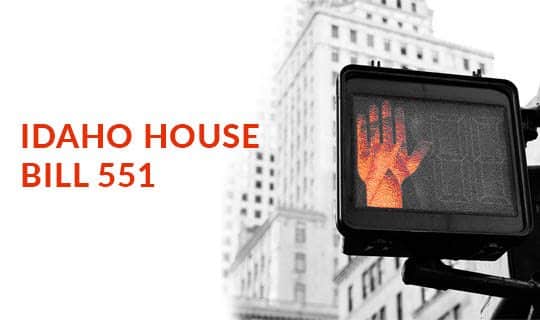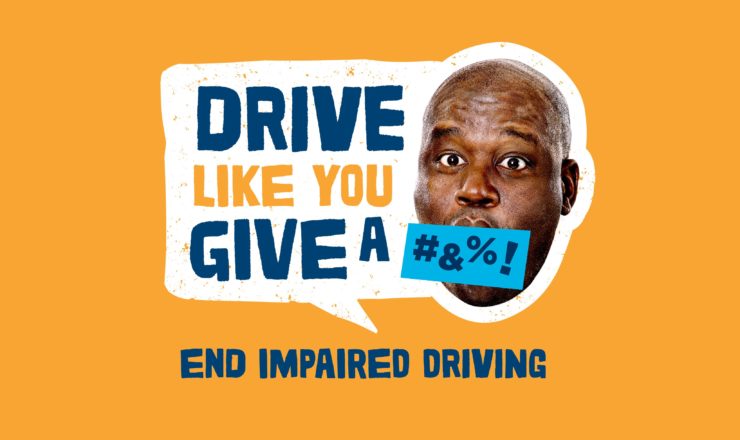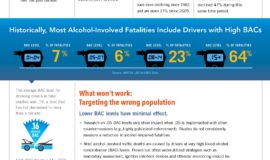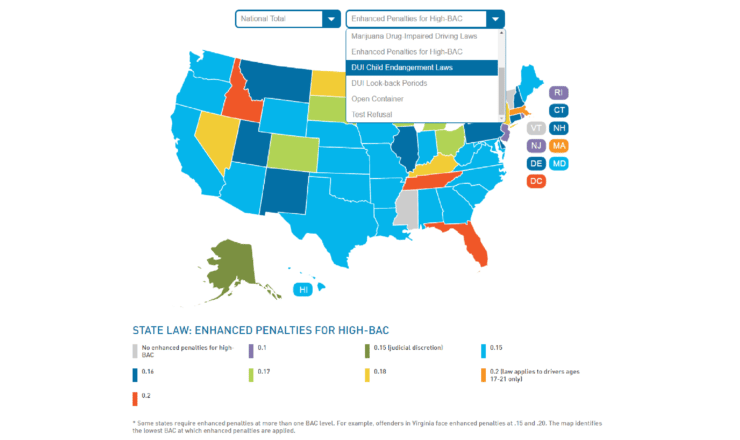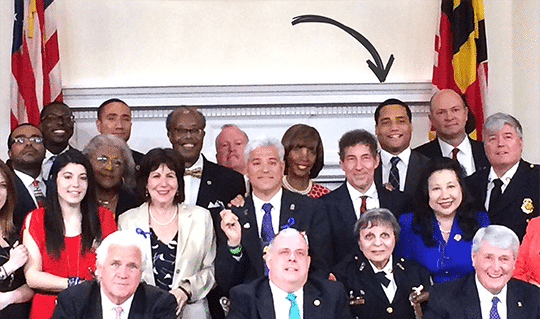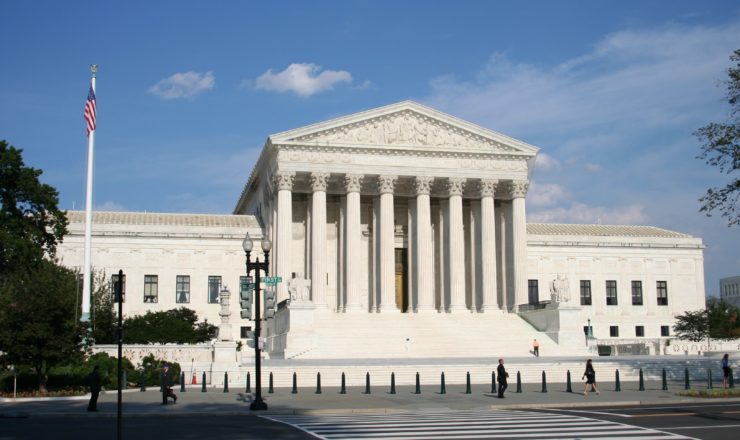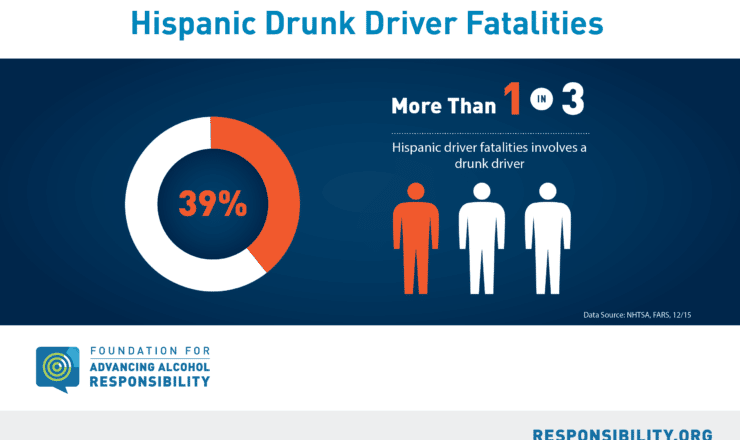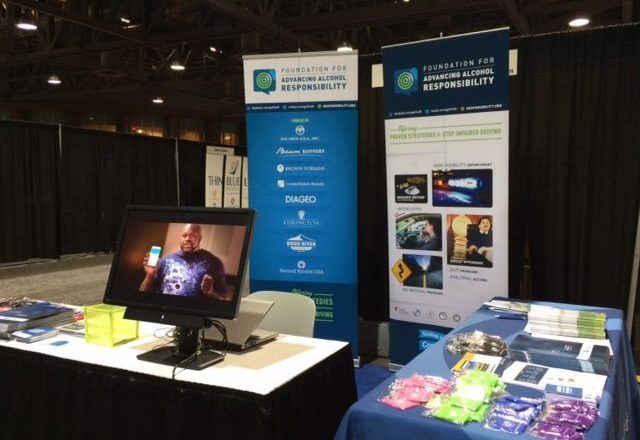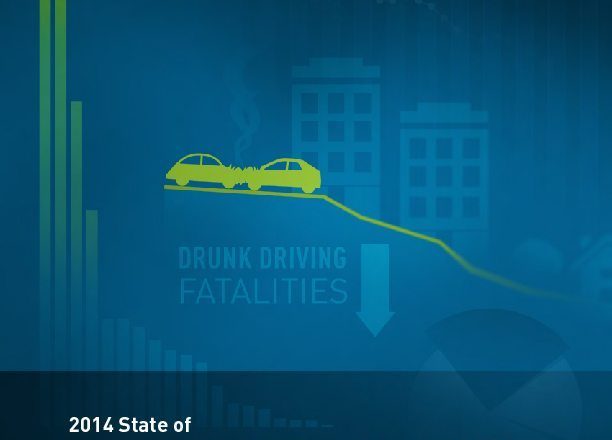See Something, Say Something
You’re driving home and the car ahead of you is swerving all over the road, speeding up and slowing down at random, and braking erratically. You know to keep a safe distance, but they’re clearly endangering both themselves and everyone else in the vicinity. You wonder if they’re texting, or if they’re driving drunk; either way, they’re clearly impaired and breaking the law. What if they crash? What if they run a stop light and hit a pedestrian in the crosswalk?
You want to be proactive and call the police. But do you dial 911, or is there another number to call? In doing so, are you breaking your state’s laws against talking on the phone while driving? What if the driver turns and you lose sight of them, won’t you just be wasting an officer’s time? What if you don’t want to get close enough to see the car’s license plate, don’t the police need that?
You might be breaking your state’s laws if you use your phone while you’re driving to call, it’s true. If you can pull over or have a passenger make the call, you can call 9-1-1. Another option is your locality’s non-emergency number. Most people don’t have a reason to know what their local police department’s non-emergency number is; check your local police department’s website or social media channels and program the number into your phone. It’s always a good number to have, especially as most of the country heads into the winter months. If you live in an area where you might drive through multiple jurisdictions in one trip, collect as many non-emergency numbers as you can just in case and store them in your phone.
It’s always better to make the call if you see someone endangering the lives of others or their own life. If you call the non-emergency number, they can tell you if you should dial 9-1-1 instead or they can relay the need for emergency attention to local law enforcement. They’ll probably ask you what you’re seeing and where you are, but you don’t need to put yourself in danger to see exactly what the car looks like or what the license plate says. If someone is swerving all over the road, police will find them faster than you might think. Don’t be a drunk driver yourself this holiday season – plan how you’ll get home before you go out, be a responsible host, and use our Virtual Bar to learn about your BAC. If we all #HolidayResponsibly, we’ll make our roads safer this holiday season!
Devin Burke, Manager, Government Relations and Traffic Safety, joined Responsibility.org in 2011 and immediately became interested in the organization’s many programs and issue areas, especially those related to judicial education.

